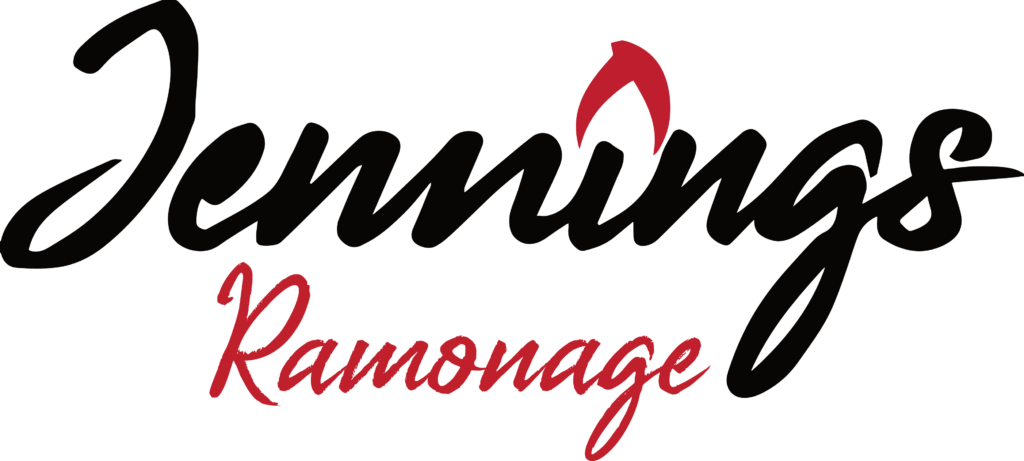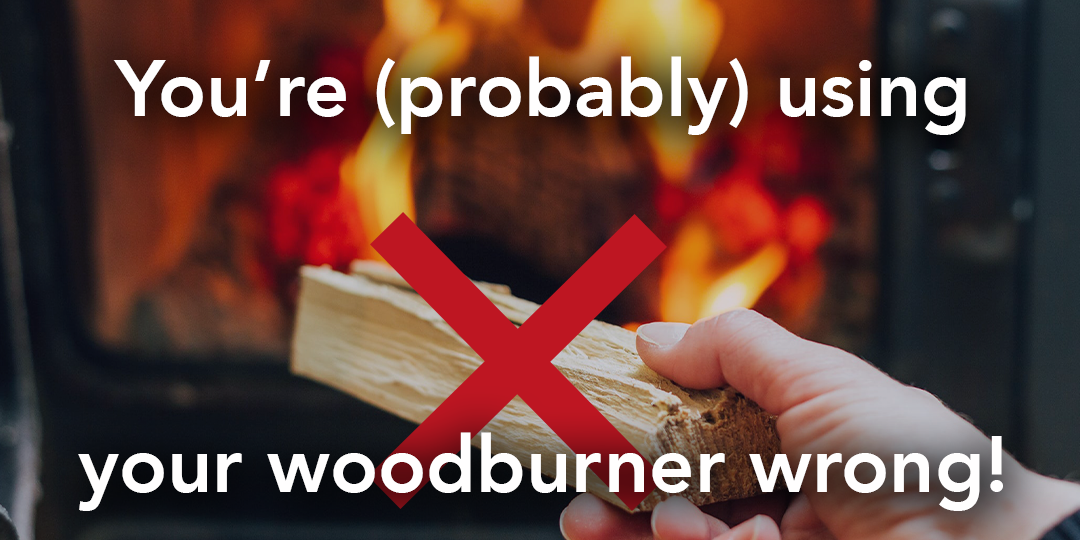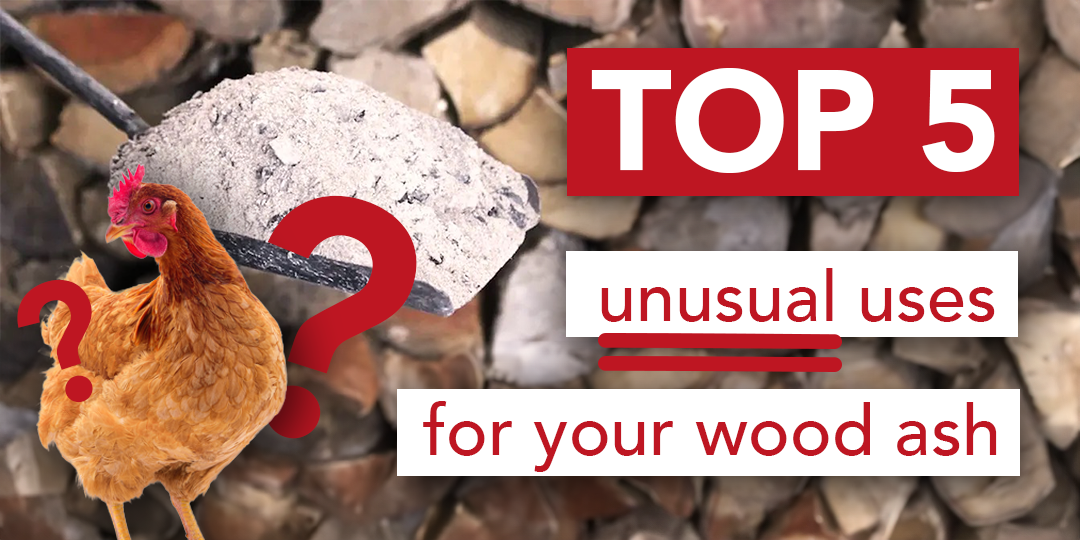Disclaimer: The information provided below is intended as a discussion of the new law and its implications. It is not to be construed as legal advice. Readers are advised to seek legal counsel for their specific circumstances or if they require legal assistance regarding the matters discussed herein. The content is for informational purposes only and should not be relied upon as a substitute for professional legal advice.
Today, 1st October 2023, marks a significant change in the world of chimney maintenance for solid fuel heating appliances. A new national law, issued by governmental decree, has replaced the previous municipal and prefectural regulations that governed this aspect of home heating. This means that every individual using a solid fuel heating appliance is now obligated to adhere to the new national standards. In this blog, we’ll be taking a look at this new decree, exploring the practical implications of this transition, and translating all the legal jargon into applicable and understandable information that applies to all homeowners reliant on solid fuel stoves for their winter warmth.
Previously, the regulations of chimney sweeping maintenance were set at a local level, either by the municipal or prefecture, depending on where you live. Each municipal/prefecture had its own rules by which local citizens were obliged to comply, based on the 6 sections of Article 31 of the ‘Règlement sanitaire départemental Type’ (RSDT) from November 1979. As of October 1st, 2023, Decree 2023-641 comes into effect, superseding the old local obligations and enforcing national requirements for sweeping by official governmental decree.
Let’s break this down
If you have a particular love of French law and fancy diving down a seemingly endless rabbit hole of decrees, codes and provisions and their infinite articles, sections and subjections, you can find ‘Décret n° 2023-641 du 20 juillet 2023 relatif à l’entretien des foyers et appareils de chauffage, de cuisine et de production d’eau chaude à combustion et au ramonage des conduits de fumée’ here.

For everyone else, we’re going to break this new law into 3 sections.
- Who is affected by the new law
- Article 1
- Articles 2-6
For those who are here only for the key takeaways, please skip to the bottom, where you will find the main points in bullet point form.
Who Is Affected by the New Law?
Decree 2023-641 concerns professionals responsible for the maintenance and users of solid fuel fireplaces (wood, pellet, coal, smokeless fuel, etc.). This new legislation has been introduced to formalize a portion of the public health codes and mitigate the emission of fine particulates from solid fuel appliances resulting from their improper use.

Article 1
Article 1 constitutes the core of the new legislation and is divided into three subsections. Preceding subsection 1, Article 1 specifies that open solid fuel fireplaces are exempt from the maintenance obligations outlined in this section. However, it mandates that users are responsible for maintaining these fireplaces and flues in a clean and condition of good working order.

Moving on to Subsection 1, it defines maintenance as encompassing the cleaning, inspection, and, where applicable, adjustment of the appliance to ensure its proper operation. This also includes an inspection of the flue and air intakes. Subsection 1 explicitly states that such maintenance must now be conducted at least once every 12 months. For newly installed or replaced systems, the initial maintenance must occur within 12 months of installation. Subsection 1 also clarifies that for a fireplace that is functional but not currently in use, no routine maintenance is necessary during the period of non-use. However, if the fireplace has remained unused for a period of 12 months or more, it must be serviced before being used again.

Subsection 2 offers a precise definition of chimney sweeping, explicitly emphasizing that it involves “direct mechanical action.” It’s worth noting that existing French regulations pertaining to chimneys (NF DTU 24.1 and 24.2) already prohibit the substitution of mechanical chimney sweeping with the use of a ‘bûche de ramonage.’ Subsection 2 of Decree 2023-641 reinforces this prohibition. Subsection 2 is also kind enough to let us know that using fire and/or explosives is also not a suitable method of cleaning a chimney!

Subsection 3 specifies that the obligation for chimney sweeping and maintenance falls upon the occupant of the property, not the landlord, unless otherwise stipulated in the lease agreement. However, in the case of shared appliances, such as a boiler serving multiple apartments, it becomes the responsibility of the trustee to ensure the system’s maintenance. This maintenance should occur every six months, with one of the two annual services scheduled during the heating period, in winter. Occupants must receive adequate notice of these interventions and are required to cooperate by taking all necessary measures to facilitate the process.

Furthermore, Subsection 3 explicitly states that chimney sweeping and maintenance must be conducted by a professionally qualified individual, in accordance with the provisions of Article L. 121-1 of the craft code. This qualified professional is obligated to provide a certificate within 15 days of the appointment, which should detail the maintenance record and confirm that the entire length of the flue is clear. This certificate must be given to the occupant or trustee, who must retain it and make it accessible to relevant parties, including agents mentioned in Article L. 1312-1 of this code and Article L. 226-2 of the environmental code, for a minimum period of two years.

After any accident, disaster, completed work, or chimney fire of any kind, it is prohibited to use the system until an installer or professionally qualified individual (as mentioned above) restores, replaces, or issues a certificate for the system.

And, perhaps the most intriguing change in legislation, the professional responsible for the maintenance of the solid fuel system is now obliged to offer advice to the ‘non-professional user.’ This advice should cover potential improvements to the installation, including optimizing the device’s performance by using high-quality fuel, following best burning practices, and even considering the benefits of upgrading your stove with regards to efficiency and its impact on air quality. In short, all the topics we are passionate about and already discuss during your appointment!

Articles 2-6
In addition to the core provisions outlined in Article 1, Decree 2023-641 includes five more articles that serve as references to various other French legal codes, including those related to public health, construction and housing, and environmental regulations. These articles also specify the authorities responsible for enforcing the new decree and its official publication channels.
Key takeaways
You might not believe it, but all that above is, in fact, a highly condensed version of the official Decree and its accompanying articles, codes, and provisions! Let’s condense this one more time so we can present the key takeaways in digestible bullet points
- Decree 2023-641 applies to professionals responsible for maintaining and users of solid fuel heating systems.
- All solid fuel heating systems must undergo maintenance at least once every 12 months.
- Chimney sweeping must be performed by a professionally qualified individual using mechanical methods; alternatives like ‘Bûche de ramonage’ are prohibited.
- A certificat de ramonage (maintenance certificate) must be provided following the appointment.
- Professionals are now obligated to offer advice to users, covering optimization of appliance performance, potential system improvements, and the benefits of upgrading to more efficient stove models.
- Systems that have been inactive do not require sweeping, but if unused for 12 months or longer, maintenance is necessary before use.
- Open fireplaces are exempt from maintenance obligations outlined in Article 1, but users are still obliged to keep these systems clean and well-maintained.
- Maintenance responsibility rests with the occupant, not the landlord, unless otherwise specified in the lease agreement.
- Special provisions apply to shared appliances, such as those in apartment blocks, with details provided above.
So, what does all of this mean for you?
In reality, for most solid fuel appliance users, not much has actually changed. Although there is now a national legal obligation to do so, most users already have their chimney swept annually to satisfy home insurance policy requirements. Customers of chimney sweeps can now finally expect that all sweeps will take the time to explain how their appliances function, how to get the most out of them, and maybe even discuss upgrading your stove. No more ‘in and out’ sweep appointments. This alone should prevent the need to have a chimney swept more than once a year. However, those who choose to sweep their own chimneys can continue to do so, as long as they have professional intervention for the system at least once a year.

I will be doing a follow-up blog to answer any questions about what this means and how it affects certain situations, such as holiday home owners. Please leave your questions in the comments section below so they can be answered in due course.




